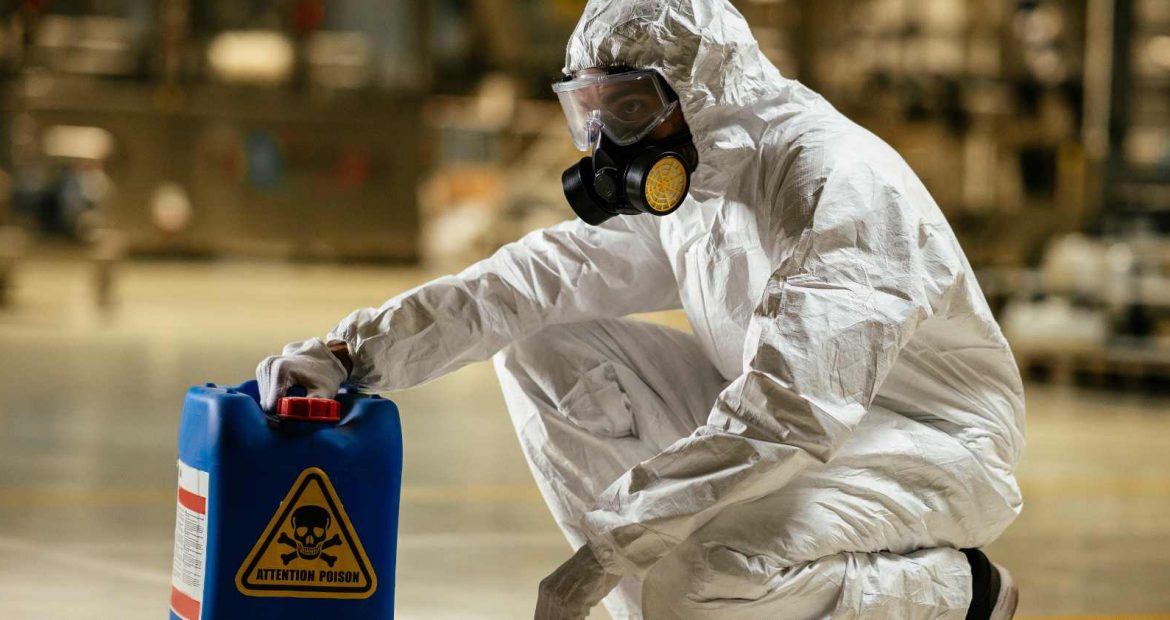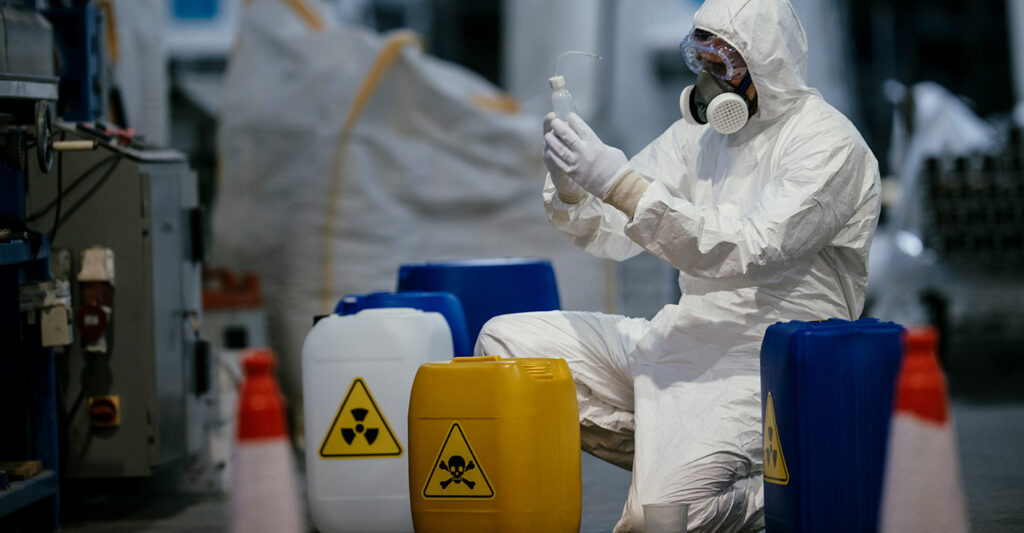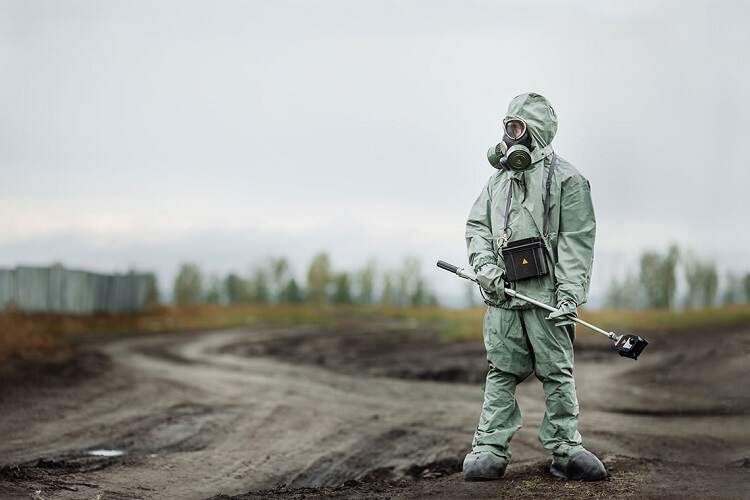Any facility that works with radiation must take safety seriously. This includes hospitals, industrial units, research labs, and nuclear plants. The risks are real. The rules are strict. And the consequences of a mistake can be serious.
That’s why a certified Radiation Protection Advisor or RPA is essential.
What Does a Radiation Protection Advisor Do?
An RPA is trained to help you use radiation safely. Their job is to protect people, the workplace, and the environment from unnecessary exposure.
They are not full-time staff. They work with your team as expert consultants. You bring them in when needed.
An RPA helps with the following tasks:
- Setting up proper shielding and safety zones
- Checking if radiation levels are within limits
- Training your staff in radiation safety
- Helping you prepare for audits and inspections
- Reviewing your equipment and work processes
They also help you follow the laws laid down by the Atomic Energy Regulatory Board (AERB).
Why Is Radiation Safety So Important?
Radiation exposure can harm human health. It can cause burns or long-term illness. You cannot see or feel radiation. That makes it more dangerous when not monitored properly.
A single mistake can affect workers and nearby areas. Radiation leaks or high exposure levels can lead to shutdowns, fines, or worse.
According to AERB records, many Indian facilities have been pulled up for poor documentation and unsafe storage of radioactive sources. These issues are often linked to not having expert advice in place.
That’s why it is important to hire an RPA for your business. This way, you can avoid complicated situations.
What Types of Facilities Need an RPA?
Any business that uses radiation needs the expertise of a Radiation Protection Advisor. Common examples include,
- Hospitals using X-ray or radiotherapy machines
- Labs working with radioactive isotopes
- Industrial units using sealed sources or gauges
- Nuclear power plants or research centres that focus on nuclear safety
- Scrap yards or recycling units dealing with radioactive items
Even if your radiation use is limited – you still need expert guidance to stay safe and follow the law.
What Are the Risks of Not Having One?
Without an RPA, your facility can miss important safety checks. This can lead to problems like,
- Exposure risks for workers
- Failed audits or legal action
- Incorrect installation of shielding
- Missing or poor dose records
- Unsafe handling of radioactive material
You may not realize the risk until something goes wrong. By then, it is too late.
What Should You Expect From a Good RP Advisor?
A good RPA or RP company does more than just review paperwork. They visit your site. They understand how your systems work. They give clear steps to reduce risk.
Here is what you should expect –
- A full survey of your facility
- Help with applying for licences
- Shielding advice based on your layout
- Staff training sessions tailored to your operations
- Ongoing support with radiation monitoring and reporting
They also keep you updated if safety rules change. This is important if your work spans multiple regions or involves high-risk activities.
When Should You Bring in a Radiation Protection Advisor?
You should involve a radiation protection advisor early. If you are setting up a new facility, include them during the design stage. If you already use radiation, bring them in for a safety check.
Many companies wait until inspections are due. That is a mistake. An RPA should be part of your long-term safety planning, not a last-minute fix.
Conclusion
Radiation safety is not just about following the law. It is about protecting lives and keeping your operations running without disruption.
A certified Radiation Protection Advisor gives you the support and knowledge you need. They help you reduce risks and stay compliant at every step. If you are looking for expert support – INRAD is a trusted RP company offering certified radiation protection services across India. Our team works with healthcare, industrial, and nuclear clients to support nuclear safety and meet all regulatory standards.



